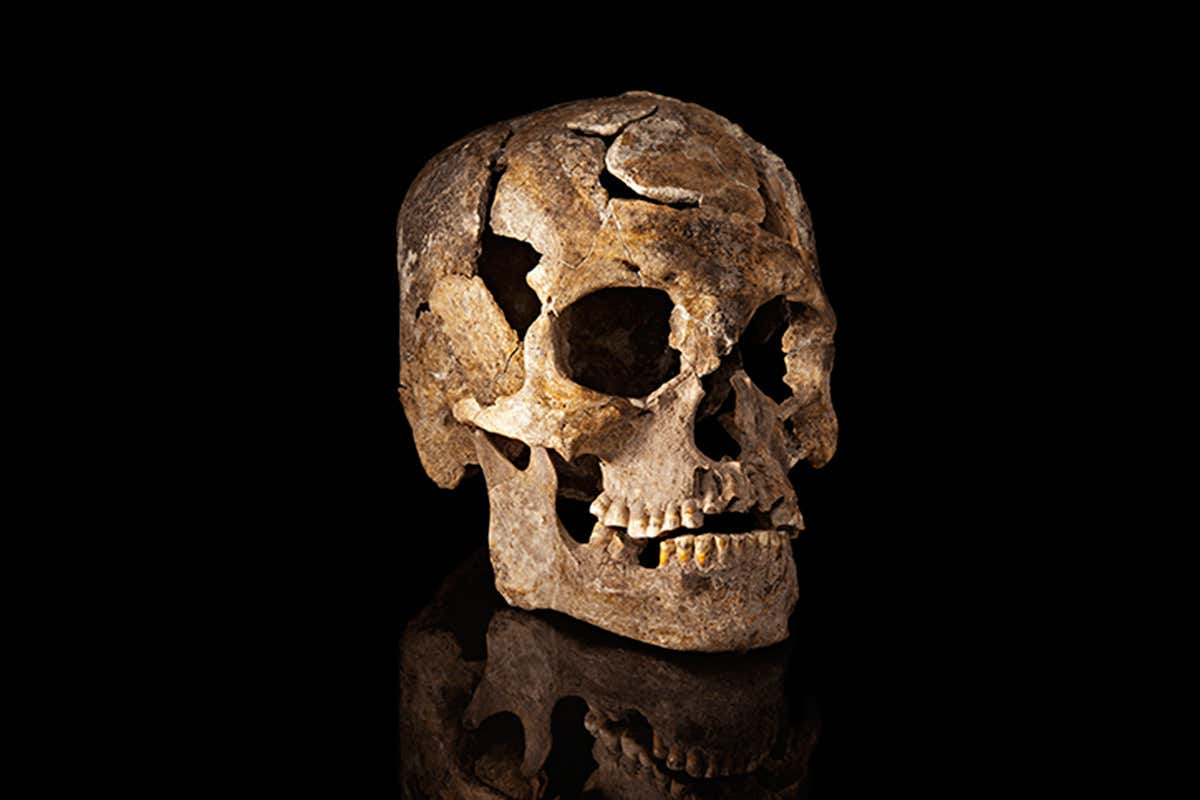Could humans hibernate? Well, early humans may have hibernated to survive harsh winters, study suggests.
And yes…winter is coming or it would be appropriate to say that winter has already arrived. With winters comes the urge of sleeping more. But what if you were allowed to sleep during the whole winters? We all know that it is not possible for humans to just sleep through the entire winter, we actually don’t have the capacity to hibernate, unlike a lot of other mammals.
We humans don’t sleep for weeks or months at a time. This may be the reality of humans in the modern world, but researchers suggested that early humans could have hibernated to survive harsh winters like some modern animals. This conclusion by the scientists came after examining the fossilised human remains found in a cave burial chamber known as Sima de los Huesos, or the “Pit of Bones” – at the Atapuerca archaeological site near Burgos in northern Spain.
This newly published study has investigated that early humans at some point had this ability to hibernate during the harsh and cold winter climate. The preliminary results of the study surprisingly suggest that early humans did hibernate, even though they weren’t great at it. Evidence from bones found from the fossil site suggests that our hominid predecessors may have dealt with extreme cold weather hundreds and thousands of years ago by sleeping through the winter.
Science behind the observation:
Using microscopes and CT scanning, scientists argued that lesions and other signs of damage in fossilised bones of early humans are the same as that of the bones of other animals that hibernate. These observations suggested that our predecessors coped with the extreme winters at that time by slowing down their metabolisms and sleeping for months.
As per the researchers, the bones of the fossils show unusual features. The bones show signs that their growth was disrupted and this denotes a valid signal of seasonal variations. According to the scientists, the usual feature shows that the bone’s growth was disrupted for several months in a year, which suggests that the disruption was caused due to the activity of hibernation.
One of the scientists in their new study wrote, “We have to emphasise that hibernations are not always healthy. Hibernators may suffer from rickets, hyperparathyroidism, and Osteitis fibrosa if they do not possess sufficient fat reserves.”
In the study, it is stated that these humans found themselves in metabolic states that helped them to survive for long periods of time in frigid conditions with limited supplies of food and enough stores of body fat. Through these claims, the researchers tried to say that these early humans hibernated during the winter months to cope with extreme cold climatic conditions and also the shortage of food.
With the remarks of this new study, scientists also believe that the genetic basis and physiology for such a hypometabolism could be preserved in many mammalian species including humans.
Even the researchers behind the study have acknowledged the fact that the “notion that humans can undergo a hypometabolic state analogous to hibernation may sound like science fiction.” But believe it or not, this study came out to be a very interesting argument and it will certainly stimulate debate.

